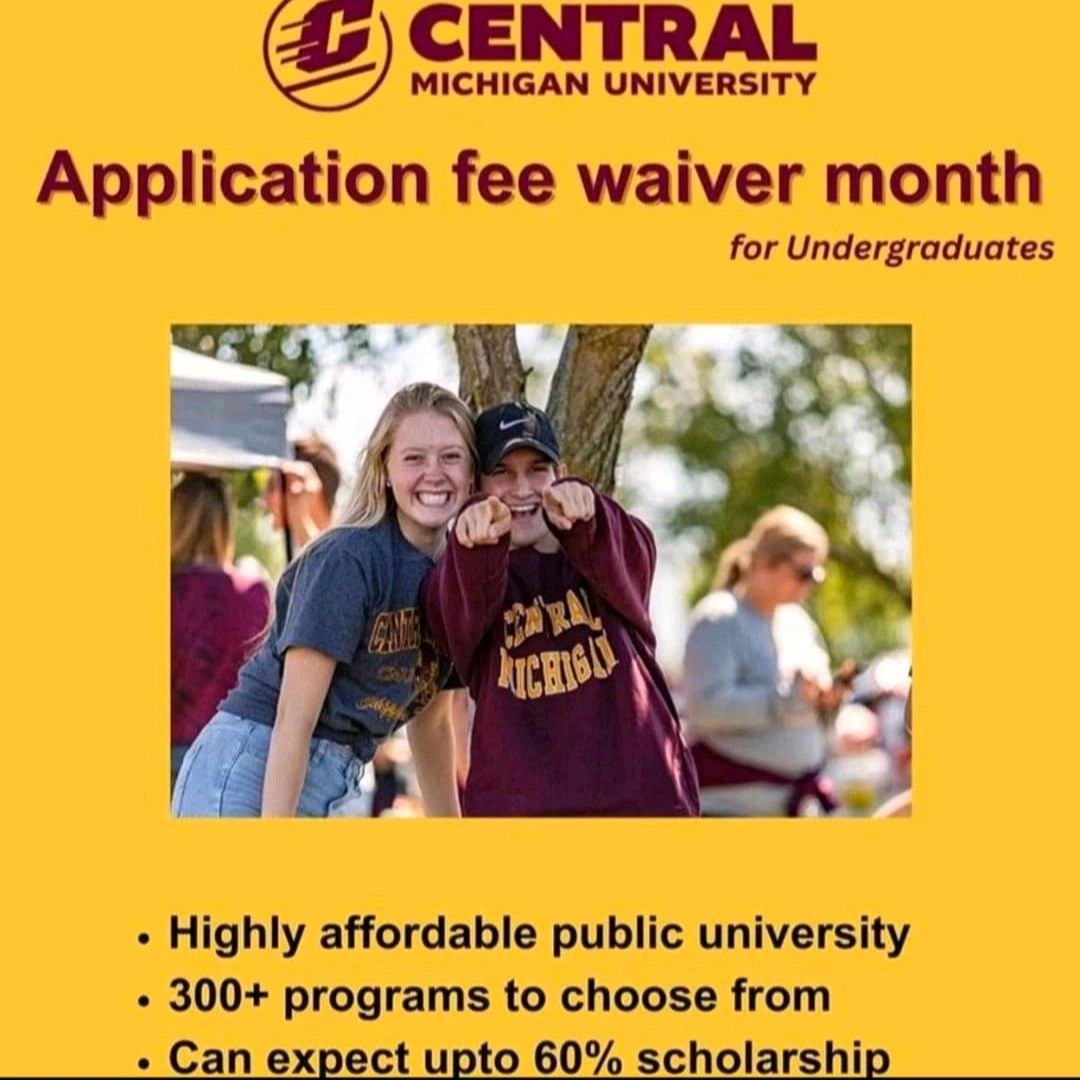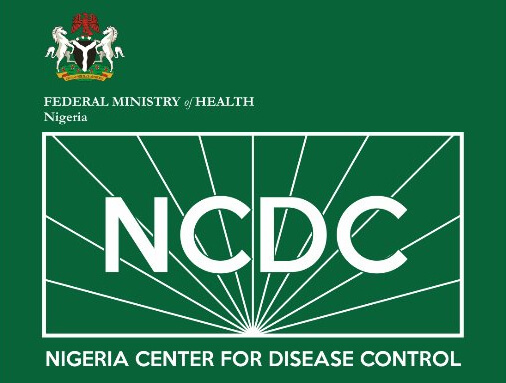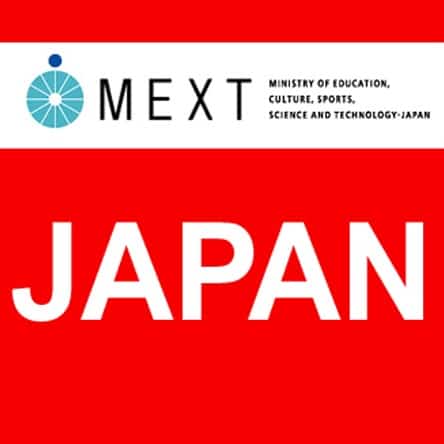Place your adverts here on InfoDig @ low rates; banner ads, sponsored links and guest articles etc. Contact us
USAID Mission Director, Melissa Jones stated that Nigeria’s textile and apparel sector contributed only 0.01% of imports to the United States under the African Growth and Opportunity Act (AGOA) in 2023.
This was disclosed at the AGOA training workshop organized by USAID and Prosper Africa to equip export-ready Nigerian businesses, trade officials, and relevant stakeholders with the necessary knowledge and skills to maximise the benefits of AGOA and improve AGOA utilization in Nigeria.
The African Growth and Opportunity Act (AGOA) is a United States trade legislation enacted in 2000 aimed at enhancing trade and economic relations between the U.S. and eligible sub-Saharan African countries.
This provides significant benefits for eligible African countries by allowing certain products to be exported to the U.S. duty-free.
Melissa Jones revealed that out of the total textile and apparel exports from Africa under AGOA, Nigeria’s share remains a mere fraction. She stated, “In 2023, Nigeria’s textile and apparel sector totaled only $548,000, making up just 0.01% of the total AGOA imports.”
She further stated, “AGOA utilization peaked in 2008, with imports to the United States reaching $35.3 billion. In 2023, 16 years later, out of $5.7 billion in total imports from Nigeria to the U.S., only $3.8 billion enjoyed duty-free access under AGOA. It’s important to note that fuel constitutes a large percentage of this figure, accounting for 98% of the total AGOA imports in 2003, amounting to $3.7 billion.
In comparison, metals and ores contributed $63 million, or 2% of the total; agricultural products were at $25 million, representing 1%; and chemicals accounted for $4 million, which is less than 1% (specifically, 0.1%).”
Jones emphasized that Nigeria’s textile and apparel industry has vast potential, but it remains largely untapped.
“AGOA offers Nigerian textile producers a lucrative gateway to the U.S. market. However, the sector has not fully taken advantage of this opportunity,” she said during her address to the stakeholders.
Training to bridge the gap
The AGOA training workshop aims to help Nigerian stakeholders in the textile and apparel industry navigate the complexities of AGOA and the U.S. market.
The training sessions provided insights into AGOA’s provisions, market requirements, and strategies for expanding exports. By focusing on capacity building and knowledge sharing, the workshop seeks to empower Nigerian exporters to maximize the benefits of AGOA.
Jones mentioned that the training is designed to “equip participants with the knowledge and tools necessary to take full advantage of AGOA’s benefits.” The hope is that by increasing awareness and understanding of AGOA, Nigeria’s textile exports can grow significantly.
Another area of focus for the AGOA training workshop is improving the competitiveness of Nigerian textile products in the global market to compete with producers from other AGOA-eligible countries, such as Kenya, who have made significant gains in U.S. market penetration. Jones noted.
Jones adding that strengthening local production capacity and ensuring compliance with international standards will be key to improving Nigeria’s position in AGOA exports. She encouraged collaboration between the public and private sectors to drive the industry forward and leverage AGOA’s full potential.
What you should know
The United States, through the Office of the United States Trade Representative (USTR), annually assesses whether countries meet the established eligibility requirements. This means that beneficiary status can be granted or revoked at the discretion of the U.S. President.
AGOA eligibility requirements are outlined in Section 104 of the AGOA legislation (Public Law 106/200). Only countries in Sub-Saharan Africa are considered eligible, and the list of eligible countries can change over time.
Nigeria is among the Sub-Saharan African countries eligible for AGOA, which also includes Angola, Benin, Botswana, Cape Verde, Chad, Comoros, Congo (Republic), Congo (DRC), Cote d’Ivoire, Djibouti, Eswatini, Gambia, Ghana, Guinea-Bissau, Kenya, Lesotho, Liberia, Madagascar, Malawi, Mauritania, Mauritius, Mozambique, Namibia, Rwanda, Sao Tome and Principe, Senegal, Sierra Leone, South Africa, Tanzania, Togo, and Zambia.















 English (US) ·
English (US) ·